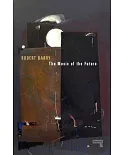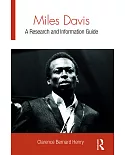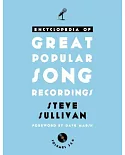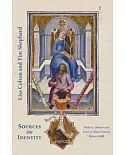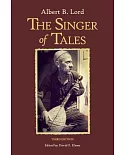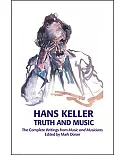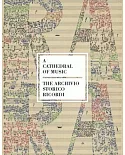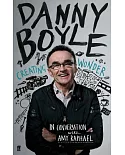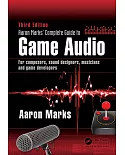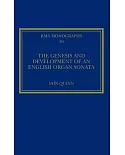The Orpheus Institute has been providing postgraduate education for musicians since 1996 and introduced the first doctoral programme for music practitioners in Flanders (2004). Acting as an
umbrella institution for Flanders, it is co-governed by the music and dramatic arts departments of all four Flemish colleges, which are strongly involved in its operation.
Throughout the Institute's various activities (workshops, master classes, seminars, interviews, and associated events) there is a clear focus on the development of a new research discipline in
the arts: one that addresses questions and topics that are at the heart of musical practice, building on the unique expertise and perspectives of musicians and constantly dialoguing with more
established research disciplines.
Within this context, the Orpheus Institute launched an international Research Centre in 2007 that acts as a stable constituent within an ever growing field of enquiry. The Orpheus Research
Centre in Music [ORCiM] is a place where musical artists can fruitfully conduct individual and collaborative research on issues that are of concern to all involved in artistic practice. The
development of a discipline-specific discourse in the field of artistic research in music is the core mission of ORCiM.
This Subseries of The Collected Writings of the Orpheus Institute, will explicitly `zoom in' on studies that take artistic practice as their point of departure and deal with questions and
challenges that arise from that practice. It is this kind of research, in all its variety, which the Orpheus Research Centre in Music promotes and which the Subseries extend the possibilities
and understanding of musical practice and act as a springboard for future research in this young but fascinating area. metaCage investigates the musical practice of John Cage in four essays
written by current ORCiM Fellows. Three works (Fontana Mix, Aria, and Freeman Etudes) serve as threads that link the contributions, and a CD containing performances of these works, by the
Fellows, is included with the volume. The essays embrace both compositional practice, as viewed by musicologically-oriented performers Juan Parra Cancino and Mieko Kanno, and Cage's aesthetic
framework, explored by practice-based musicologists Magnus Andersson and William Brooks.



